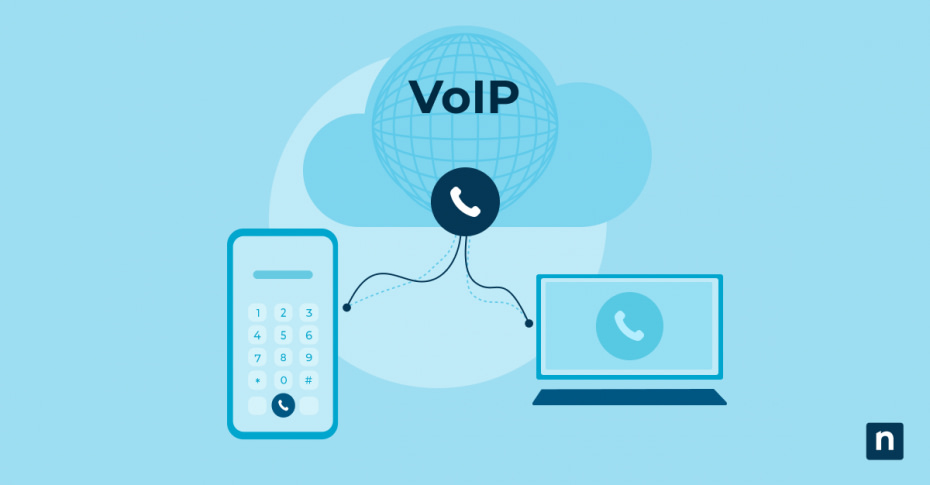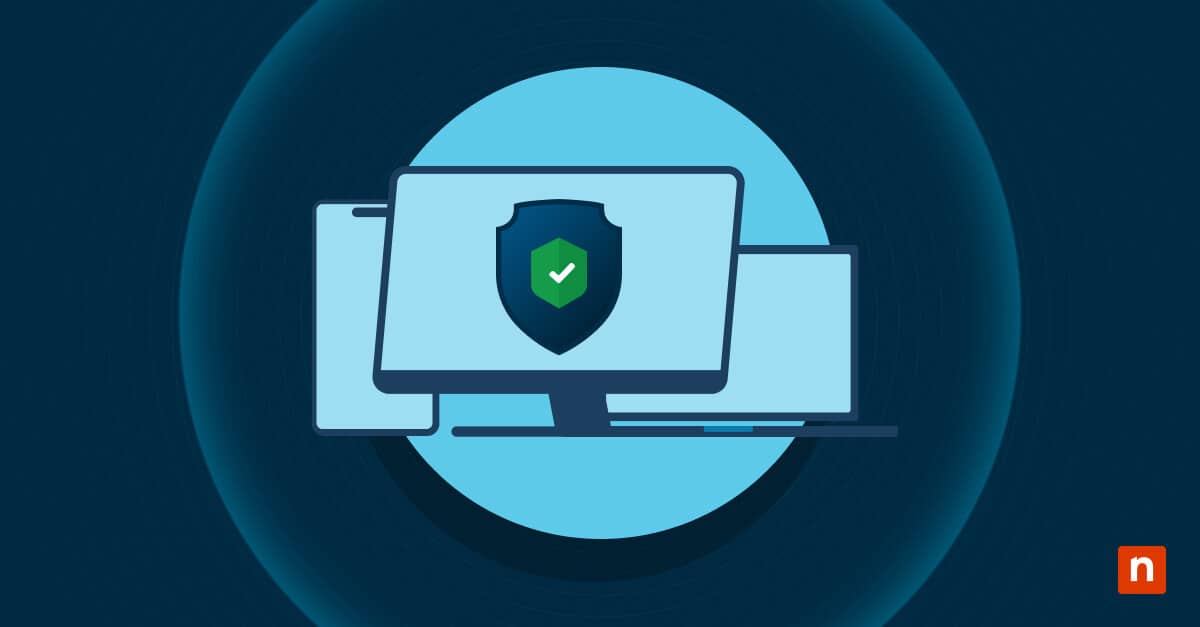Whether you have an existing business or are a brand-new startup, you need a phone number so your customers can get in touch with you. Until recently, nearly all businesses had a landline, or POTS (plain old telephone service). Today, however, Voice over Internet Protocol (VoIP) technology is rapidly replacing traditional, wired phone systems.
What are VoIP phone numbers?
VoIP telephone service is transmitted over the internet instead of through traditional phone wires. VoIP phone numbers — also known as virtual phone numbers — are telephone numbers that are not tied to a specific physical phone line but are transmitted across the internet, enabling users to make and receive calls using their internet connection.
With a VoIP phone number, you can make calls from anywhere in the world with an internet signal. With VoIP phone service, geographical limitations are no longer a barrier, allowing businesses to expand their reach and connect with customers and clients globally.
Advantages of VoIP phone numbers for business
Even if you already have a traditional landline or a mobile phone, there are VoIP advantages to having internet-based phone service for your business.
VoIP advantages: Quality
High-quality audio is one of the main VoIP advantages for businesses. Unlike traditional phone systems that can suffer from static interference or poor call quality, VoIP calls are transmitted over the internet using digital signals. This results in crystal-clear audio and a reliable connection so your business calls are uninterrupted.
VoIP advantages: Flexibility
VoIP phone numbers offer flexibility you won’t find in traditional phone systems. Regular landlines are tied to a specific location, and moving your phone number requires effort and cost. However, with a VoIP phone number, you can take your number with you wherever you go. Whether you are traveling, relocating your office, or working remotely, your VoIP phone number remains the same, ensuring that you never miss an important call.
VoIP advantages: Cost
Cost savings are a major consideration for any business, and VoIP phone numbers can help reduce your communication expenses. Traditional phone systems often come with high setup costs, equipment costs, and maintenance fees, and they may incur charges for long-distance calls.
You won’t face the same expenses with VoIP phone numbers. You don’t need expensive hardware and infrastructure, and you can use a regular analog phone to call with VoIP. Depending on your service plan, international calls may be treated as local calls when made over the Internet. If your business regularly makes international phone calls, a VoIP phone number could be more affordable.
VoIP advantages: Mobility
As long as you have an internet connection, you can use your VoIP phone number to make and receive calls on your smartphone, tablet, or laptop. This lets you stay available by phone when you’re away from your office, enhancing productivity and responsiveness.
VoIP advantages: Features
VoIP phone numbers come with all the same features that landlines offer, including call forwarding, voicemail, call recording, auto-attendants and more. Since VoIP phone numbers are digitized, it’s easy to add or remove features, giving you the flexibility to customize your phone system to meet your specific needs.
How to get a VoIP number
Now that you understand the advantages, you probably want to know how to get a VoIP number for your organization. Luckily, the process is relatively straightforward. You’ll need to follow a few key steps to get the VoIP service and numbers you need.
Choose a VoIP service provider
The first step is to select a VoIP service provider. With many providers available, it’s important to research and compare their offerings, such as features, customer support, and rates.
Sign up and select a plan
After choosing a provider, you will need to sign up for their service and select a plan that suits your business requirements. Most providers offer different plans based on the number of users, minutes, and features included. Consider your business size, call volume, and expected growth when selecting a plan.
Port an existing number or obtain a new number
You can port your existing phone number to the VoIP service or obtain a new one. Porting allows you to keep your existing business number while obtaining a new number lets you choose a local or toll-free number that aligns with your business goals.
Set up and configure
Setting up and configuring your phone system may require installing software or apps on your devices, depending on the service you choose. You’ll also need to configure your desired features. Most providers offer user-friendly interfaces and guides to assist you with the setup process.
Test and launch
Once you set up your VoIP phone system, test it to ensure everything works as expected. Make test calls, check call quality, and verify that all the features are functioning correctly. When you’re satisfied with the results, you can start using your VoIP phone system in your business.
What to look for in a VoIP service provider
Choosing the right VoIP service provider for your business comes down to several essential factors. Consider these key aspects before you decide.
Customer support
Reliable customer support is crucial for any technology-based service. Your VoIP service provider should offer 24/7 customer support via multiple channels, such as phone, email, and live chat. A prompt and knowledgeable support team can help you troubleshoot any issues that may arise and minimize downtime for your business. They should also have an easy-to-use interface for setup and administration.
Rates
Compare the rates of different VoIP service providers to find a balance between affordability and quality. Consider both the upfront costs, such as setup fees and hardware expenses, as well as the ongoing monthly fees. Also, pay attention to any additional charges. Some providers charge international calling rates to certain areas or charge fees for exceeding usage limits. Know your calling habits so you can choose the most suitable plan.
Features
Evaluate the features offered by different providers and determine which ones are essential for your business. Popular features include voicemail-to-email transcription, virtual receptionist, and call analytics. Choose the provider that offers the features you need to effectively manage your business communications.
Third-party integration
If your business uses other software or tools, ensure that your VoIP service provider offers seamless integration with those systems. Integration can streamline your workflows and enhance productivity by allowing you to sync contacts, access call logs, and integrate with customer relationship management (CRM) or help desk platforms.
VoIP advantages for businesses
Flexibility is key for businesses today. VoIP phone numbers provide the flexibility you need in a contemporary, versatile, and budget-friendly communication solution. These virtual phone numbers not only enhance your business’s professional image but also offer features that streamline administrative tasks without the exorbitant costs typically associated with traditional landlines.
By thoroughly understanding your business’s communication requirements and following key steps on how to get a VoIP number and evaluate providers, you can select the VoIP system that offers the features you desire at a competitive price. Your VoIP phone number is an investment that will prove to be a valuable asset for your business.








